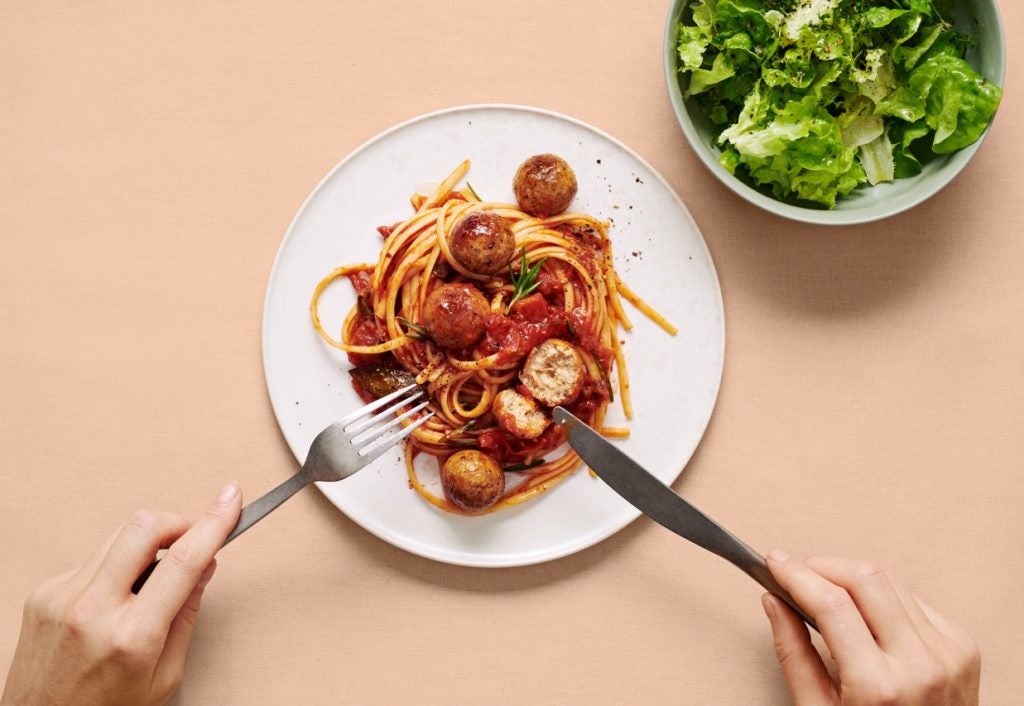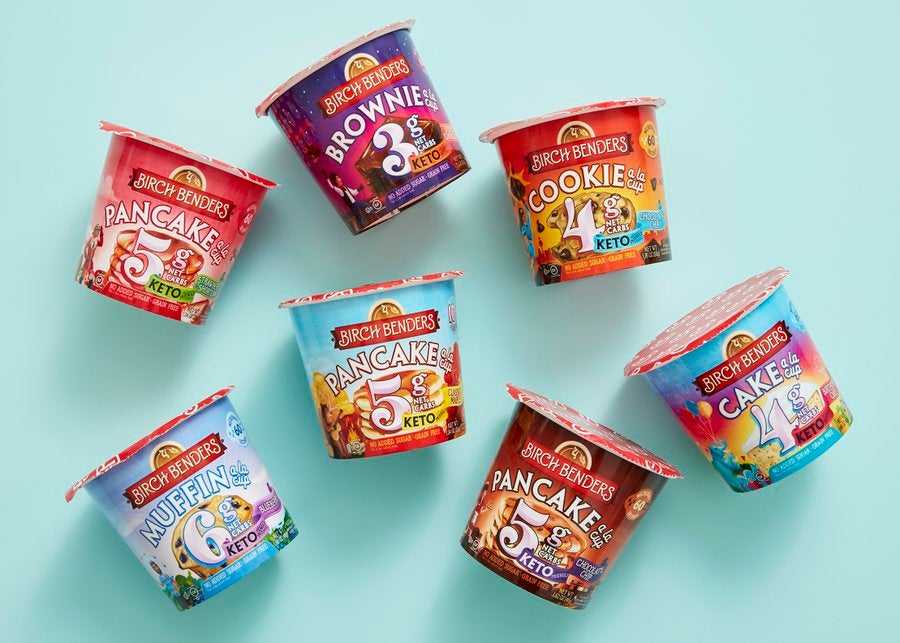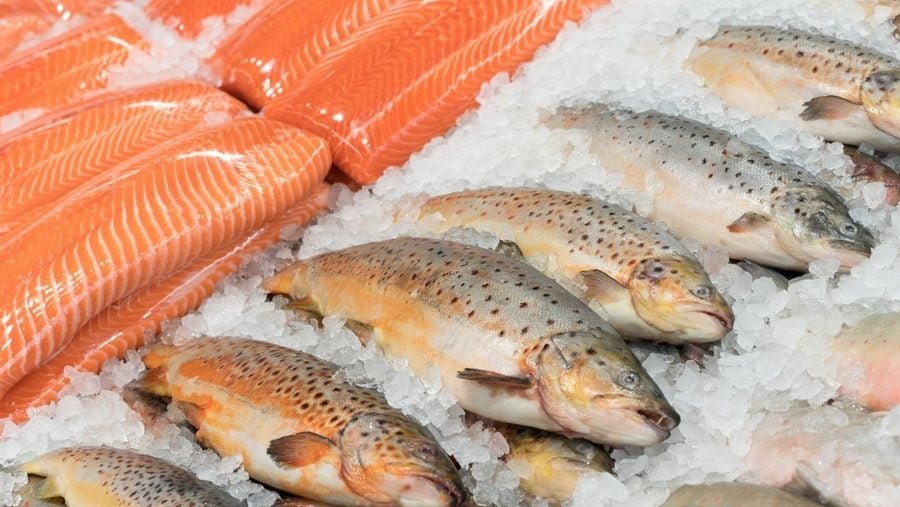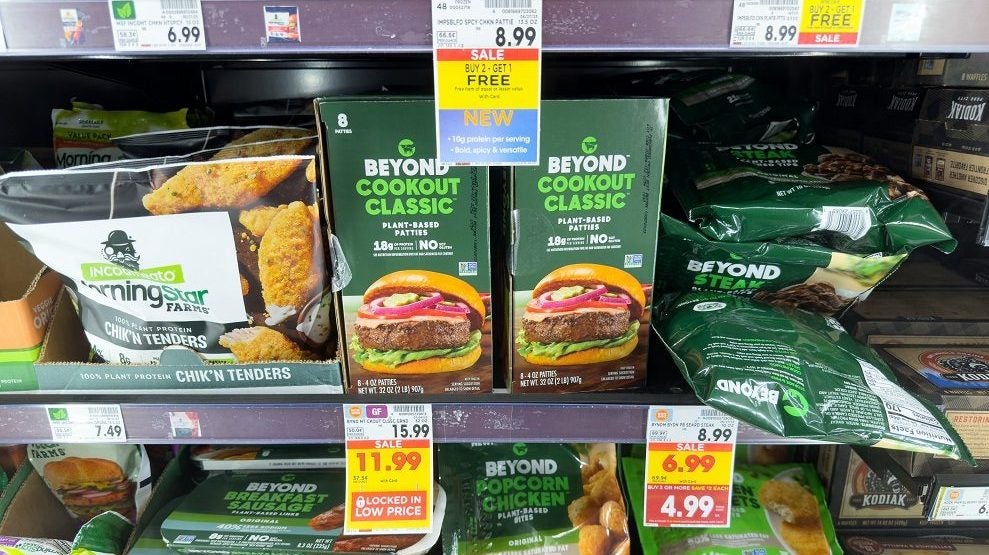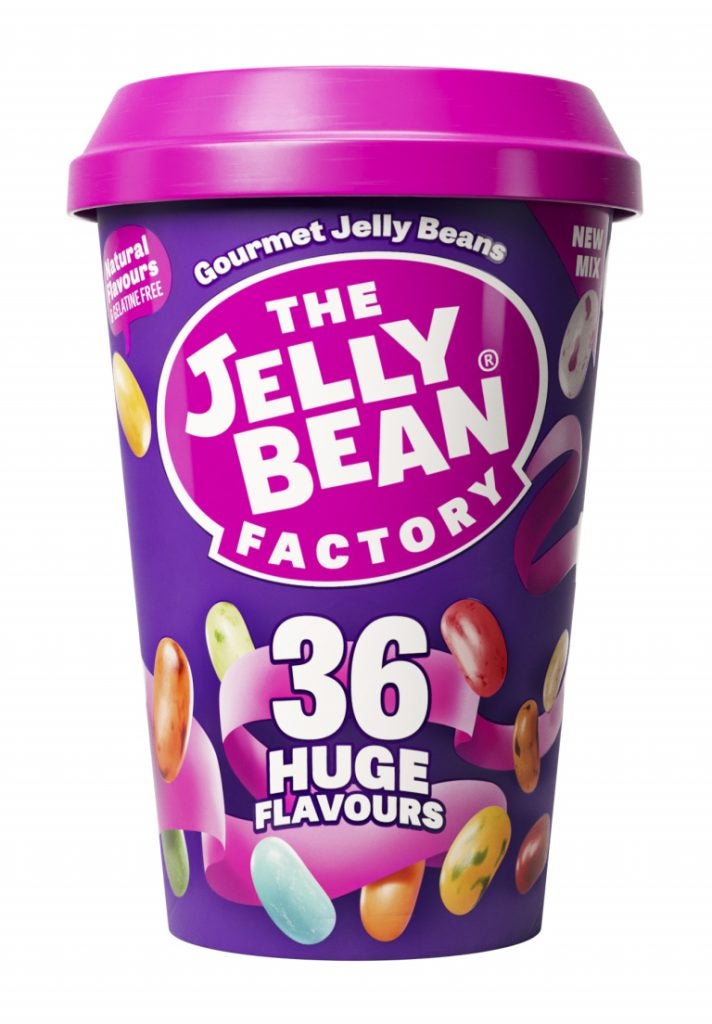The UK’s post-Brexit Border Target Operating Model (BTOM) is likely to disrupt EU traders as they grapple with teething problems, customs and trade specialists have stressed.
The new rules have been drawn up to oversee EU exports to the UK. Food and drink businesses operating in the EU will face new customs regulations when trading with the UK. Delayed multiple times, the regulations are due to come into play next week (31 January)
Changes being implemented for sanitary and phytosanitary (SPS) goods are due to impact food and beverage traders most but will differ according to whether goods fit into a high, medium, or low-risk category.
Requirements for goods in the high-risk category will remain the same as before.
But for the first time, goods fitting under the medium-risk category will require pre-notification 24 hours in advance of arrival, as well as an Export Health Certificate.
Under the low-risk category, traders will also need to pre-notify their consignment to the UK’s Department for Environment, Food & Rural Affairs (Defra) via the IPAFFS system but will not require an Export Health Certificate.
The rules apply to products arriving from the EU, Switzerland, and Lichtenstein.
Processed foods such as chilled milk, cheese containing raw, non-pasteurised raw milk, or eggs sit under the medium-risk category. The same goes for “specific wild-caught fish” regardless of being fresh, chilled or frozen, including tuna, mackerel, herring and anchovy because they contain histamines.
Meat products including minced meat, poultry, rabbit, game and their chilled or frozen products, will also be labelled ‘medium risk’.
Plants and plant-products fitting into this category include fruits and vegetables such as celery, papaya, quince, strawberries, basil, avocado, stone fruits like plums and cherries, pears, berries, grapevines, and corn.
Low-risk food and drink include processed dairy goods such as UHT milk, pasteurised cheeses such as feta, mozzarella or halloumi.
Plant-based produce classified low-risk includes asparagus, broccoli, cauliflower, watermelon, runner beans, legumes, melon and cucumber.
Unfrozen and unchilled egg products, as well as wild-caught fish such as salmon, cod, haddock or lemon sole, also fit in the low-risk segment, as will processed meat products that are shelf stable at room temperature.
Composite products made with animal- and plant-based ingredients such as lasagne, pizza or meat pie will also be categorised as low-risk, though composite goods can be exempt from SPS rules if they contain dairy and are shelf-stable and meat-free.
Another new requirement from 30 April will be the introduction of “documentary and risk-based identity and physical checks” at entry points for medium-risk animal-based products from the EU and European Free Trade Association regions and plant products from the EU, Switzerland and Liechtenstein.
Speaking at a press conference, Marco Forgione, director general of the London-based Institute of Export & International Trade (IEIT) said: “All efforts need to be taken to ensure that everybody, particularly those businesses in the EU who are going to be most affected, know and understand what they need to do in order to continue to trade – and that we don’t see either a significant impact on price, the expansion of ‘shrinkflation’ or indeed supply issues into the UK market.”
Uncertainty among traders
While numerous updates have already been made to the BTOM, and its implementation delayed five times, anxiety and uncertainty over the impact of the changes is high, Forgione said.
The IEIT said there remain gaps in the information around the cost of the Common User Charge, the frequency of physical checks and an up-to-date map of the border control posts to confirm which goods will be managed at which stations, as well as what the changes mean for groupage freight.
Forgione added: “Unfortunately, what we’ve discovered is that anxiety over these changes has actually increased and preparedness seems to have decreased by about 23% in recent times.”
When asked by Just Food whether the incoming rules could delay products getting onto shelves, Anna Doherty, senior trade and customs specialist at the IEIT, said: “Teething problems will probably cause a lot of disruptions. I don’t think we should shy away from that. There will be some disruption in April but I think there is an element of mitigation.”
Doherty also emphasised that between now and April should be understood as a learning period for Defra “to see what sort of checks they’re wishing to implement.”
Commenting on the introduction of controls from April, she added: “They’re not going to be on 100% of SPS consignments. That’s only high-risk goods. For medium-risk goods, it’s up to 30% and, until we know how many of the categories of those medium-risk goods fit into that 30%, you may find the majority of the products actually sit in the 1% category [whereby] 1% of all the consignments of that product coming in from the EU and after to the UK will be physically stopped for checks.”
Commenting on whether EU businesses may be influenced to cease their trade with the UK, Doherty said “If it’s your small micro speciality business that only deals with the EU internal market and Great Britain, to them this will be a big jump. I can’t say that you won’t put some businesses off because obviously there is always a risk.”
She also warned of the possibility that hauliers may refuse to carry SPS goods, “especially the European-only hauliers”.
Doherty added: “Because if you are moving SPS goods that can be subject to inspections, that means that your whole consignment, as in the whole truck, could be stopped.
“If you’re moving mixed goods like your regular products that are not subject to any controls and then suddenly you have SPS products in there that might be subject to controls then that could be a risk.
“You wouldn’t necessarily carry your car parts and your minced meat, but you could carry your minced meat and some lower risk goods… unfortunately, any type of additional regulation risks that some will be turned away by it and some more embrace it.”




